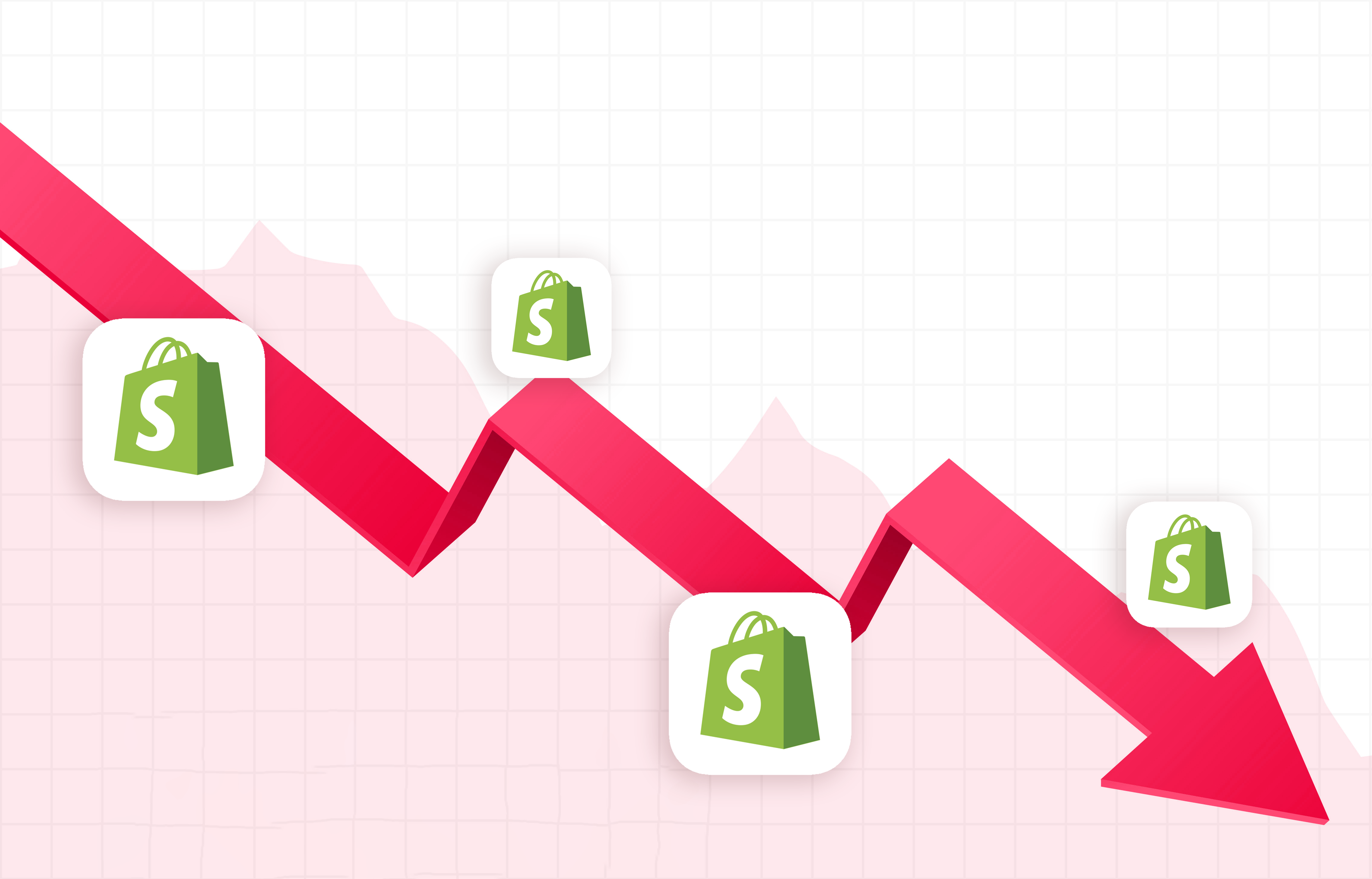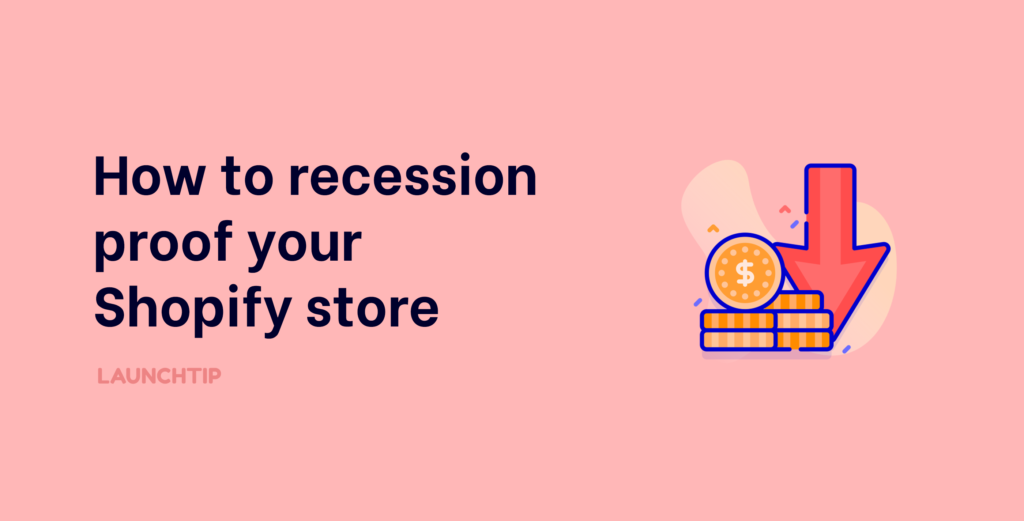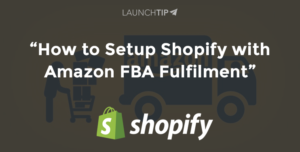Last Updated on by Dan S
Originally Published June 23, 2022.
Gas and fuel prices are on the up. Inflation and cost of living is rising. Interest rates and mortgages are increasing. Consumers are tightening their wallets and less of them are spending.
All these factors can lead to your Shopify sales dropping. The result of a potential recession.
In this quick guide, we will cover some simple methods you can undertake as a store owner to reduce the impact and hopefully come out the other side unscathed.

3 easy methods to recession proofing your store
Below are some simple methods you can use for your business to help in recession proofing your store.
Create Discounts
Creating discounts can give the impression of a deal. Savvy customers still like to shop during a recession when there is the potential for a saving. You obviously make less margin as merchant when you discount but a handful of discounted sales is better than no sales.
Deploy cross-sells and upsells
One of the easiest steps you can take is to simply sell more to those who are still buying. This helps make up for the customers that stop. Then when sales pickup again, you make even more!
By activating SellUp on your store, you can take advantage of a 24/7 sales assistant who can cross-sell and upsell to your customers. From On Page and Action Offers to Dynamic Cart and Post Purchase Offers, you can sell much more without any additional ad spend, even whilst you sleep.
Cross promote and partner
Partnering with other Shopify stores can be a match made in heaven. An example would be a store that sells garden furniture and toys partnering with a store that sells outdoor bbq’s and pizza ovens. They are both in the same category to some extent but they don’t sell competing products. By doing a newsletter promoting an offer for each other, you could acquire some new customers with no spend.
Conclusion
Luckily, recessions don’t hang around for ever. They can sometimes be minor slumps in the economy or something a bit more impactful like the 2007/8 financial crisis. These events simply mean customers in general have less to spend. The great news is that by doing the above, your store can come out even stronger the other side.










